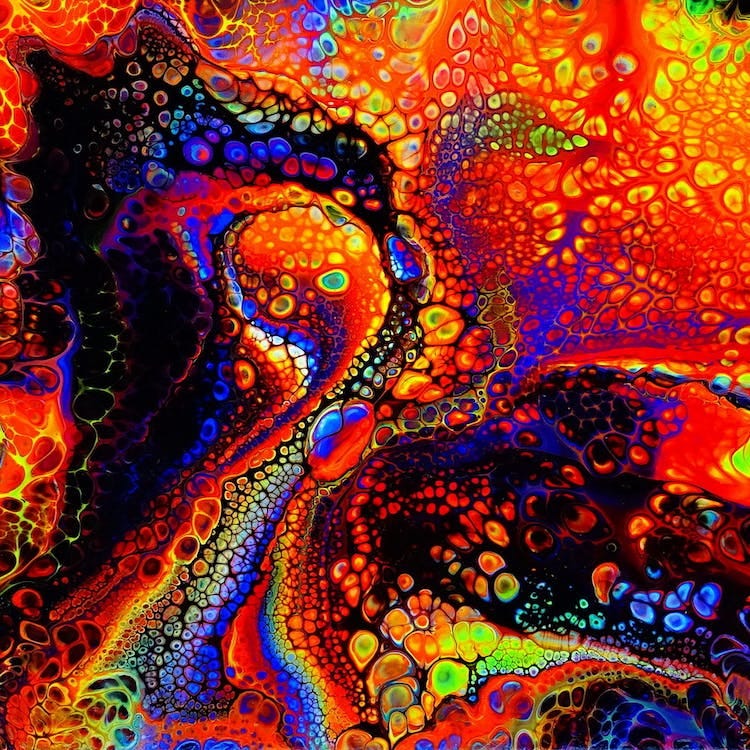Understanding the Psychedelic Hype: Reality vs. Expectations
Written on
Chapter 1: The Psychedelic Promise
The current discourse surrounding psychedelics suggests we might be experiencing a surge of hype surrounding their therapeutic potential. Proponents claim that these substances could effectively address a wide range of mood disorders. From anxiety and depression to PTSD and ADHD, the narrative is that psychedelics might revolutionize mental health treatment.
However, despite such bold assertions, the results from significant research studies tell a different story. For instance, the most extensive study on psilocybin as a treatment for depression found no substantial difference in effectiveness when compared to escitalopram, a commonly prescribed antidepressant. Moreover, while microdosing psychedelics is often touted to enhance mood and productivity, numerous studies have revealed that these perceived benefits are largely indistinguishable from placebo effects.
This leads us to question whether the much-anticipated breakthroughs in mental health have truly materialized or if we are simply witnessing a proliferation of media-driven hype.

Chapter 2: The Economic Boom and Its Implications
In July, Bloomberg reported that the market for psychedelic drugs is projected to more than double by 2028. Just fifteen years ago, it would have seemed improbable for a prestigious financial publication to endorse psychedelics as a viable investment opportunity.
Yet, the past decade has seen an unprecedented surge in both public interest and private sector investment in psychedelics. David Yaden and his team from Johns Hopkins University have described this phenomenon as a "hype bubble," which they warn may soon burst. Their recent paper in JAMA Psychiatry likens the trajectory of psychedelics to a hype cycle, shaped by decades of skepticism stemming from historical drug policies.
Since the late 1990s, scientific interest in psychedelics has surged, yielding promising results—particularly in therapies using psilocybin and MDMA for serious conditions like major depression and PTSD. However, the resulting "shroom boom" has led to a troubling wave of exaggerated claims regarding the capabilities of these substances.

Chapter 3: The Dangers of Polarization
The authors of the aforementioned paper caution that we may be nearing the peak of the current psychedelic hype. This could lead to a subsequent decline into what they term the "trough of disillusionment," where the public begins to recognize that psychedelics may not be the miracle cures they were promised, resulting in a backlash of negativity.
Navigating this complex landscape requires a more nuanced understanding. However, social media often simplifies perspectives into polar extremes. Yaden and his colleagues argue that the discourse surrounding psychedelics has become polarized, producing two dominant groups: ardent enthusiasts and staunch skeptics.
While skeptics often cling to outdated fears from the 1960s and 70s, recent research shows that when administered in a controlled environment, psychedelics can be safe and even spiritually significant for many participants. Conversely, the enthusiasm from some advocates, particularly those with financial interests, can lead to overblown expectations.
For instance, during a recent study by Compass Pathways on psilocybin for depression, nearly 5% of participants reported serious adverse effects, including suicidal thoughts. Such findings underscore the need for caution and responsible practices in psychedelic therapy.
Chapter 4: A Call for Ethical Responsibility
Given the intricate nature of psychedelic therapy, it is essential to recognize that preparation and integration of the experience are just as critical as the substance itself. Neglecting these elements can lead to adverse outcomes, particularly if therapists do not prioritize the well-being of their clients.
The authors conclude by emphasizing the importance of a measured approach in addressing the hype surrounding psychedelics. They urge fellow scientists and clinicians to uphold their ethical responsibility by challenging unsupported claims and focusing on the meticulous evaluation of both the risks and benefits associated with psychedelics.